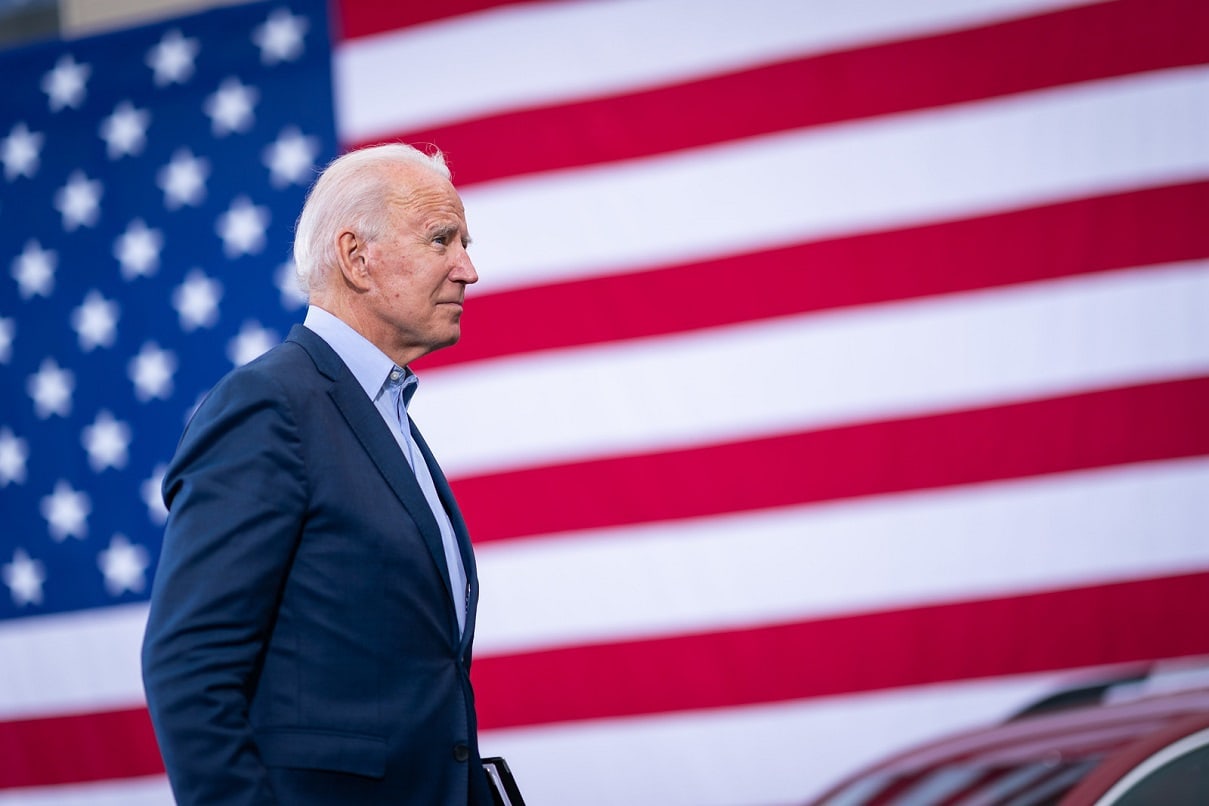The Biden administration today fulfilled its pledge to release an unclassified version of a Central Intelligence Agency (CIA) report on Saudi Arabia’s murder of journalist Jamal Khashoggi. In many ways, the report’s release is gratuitous: While Saudi officials have repeatedly denied Crown Prince Muhammad Bin Salman’s involvement, few inside or outside the Kingdom had any doubt that the crown prince had issued the order. The report concludes that MBS believed Khashoggi was “a threat to the Kingdom.” While the Washington Post and American journalists often frame Khashoggi’s death as an assault on a journalist critical of the ruling order, the Saudi narrative has always been murkier: They see Khashoggi’s death as the outgrowth of a dispute, the genesis of which they do not know, between the intelligence service and someone previously close to the intelligence service.
Beyond the assault on Khashoggi, what should most concern policymakers is what the hit says about MBS’ understanding of the outside world. Not only did he not understand the revulsion with which the world would react, but his aides also did not understand or were too fearful to advise MBS against his decision.
In some ways when it comes to the hostility Saudi Arabia faces in Washington, it now reaps what it sowed. While long-time Saudi Ambassador Prince Bandar cultivated presidents, too often, he funded proxies in consultancies, universities, and think tanks who in turn launched ad hominem attacks on policymakers, many of whom have long memories. In effect, the antagonism the Kingdom now faces in Congress is analogous on a governmental level to what Office of Management and Budget director-nominee Neera Tanden does on a personal level. Still, statesmanship should transcend the personal. This was a lesson Biden should have learned in 2008, when his and then-Senator Barack Obama’s criticism of the Afghanistan’s government against the backdrop of the Obama-Biden campaign permanently soured his relationship with then-President Hamid Karzai.
While no American politician should prioritize a foreign state’s reputation over transparency when it attacks the United States or Americans, the Biden administration’s decision to release the Khashoggi report appears motivated more by animus toward the Kingdom in general and MBS in particular. It is fair to downgrade relations, but Biden and Secretary of State Antony Blinken’s ideological antagonism toward Saudi Arabia appears to have trumped any serious consideration of what comes next. If the goal of progressives should be to encourage reform and respect for human rights in Saudi Arabia, is it better to work with the Kingdom or force it into the orbits of Russia or China? If MBS moves toward a partnership with Moscow or Beijing, what leverage will American diplomats or Congressmen have to affect change? Does embarrassing MBS absolve Turkish or Iranian leaders whose record on press freedom and extra-judicial assassination is as bad or worse?
The final point Biden’s team apparently ignored is that Saudi Arabia can respond in kind. Former Central Intelligence Agency operatives say that as infuriating as Saudi Arabia can be sometimes and regardless of Saudi involvement in the 9/11 terror attacks, Saudi-U.S. counterterrorism cooperation saves far more lives than past Saudi support for radicalism has cost. I am in no position to assess the truth of their statements, but certainly, there is a long-history of covert U.S.-Saudi cooperation. The questions Washington now faces are first whether Riyadh will allow that covert relationship to continue and, second, whether Saudi Arabia may ‘declassify’ and release information about American intelligence operations that will embarrass Washington. Public divorce can be messy and the costs seldom limited to a single side.
Now a 1945 Contributing Editor, Michael Rubin is a Senior Fellow at the American Enterprise Institute (AEI).

